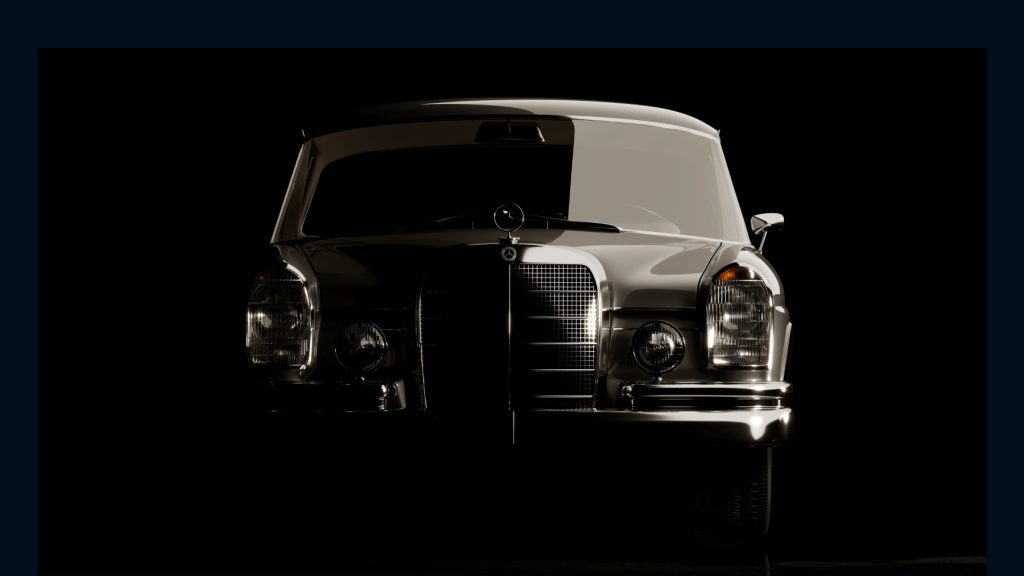
Everrati turns classic car collections electric by switching out its less fuel-efficient engine with batteries.
- The conversion is expensive, but it allows people to indulge in the hobby without environmental guilt.
- The product may not be as efficient as modern vehicles, but it beats the way it used to be.
Everrati is upcycling classic cars and turning them into electric versions of their former selves, giving collectors an eco-friendly and sustainable option.
Classic cars—manufactured in the 1990s or earlier—seem to hold a soft spot in the hearts of people for their engineering, design, art, and history. Classic car collection became a global market in and of itself, the revenue of which Statista estimates to be around $31.6 billion in 2022.
The Emissions
According to a 2022 Footman James report, the average classic car in the UK emits around 563 kg of CO2 per year. Meanwhile, the average real-world CO2 emission rate for all new vehicles was 337 g/mi (approximately 0.209 kg/km) in model year 2022, as stated by the U.S. Environmental Protection Agency.
Let’s say that the average person drives their modern car 15,000 miles (approximately 24,140 km). This means that in a year, the modern car would emit approximately 5,045 kg of CO2.
However, classic car owners drive their cars much less than they would a modern car, a mere 1,200 miles (1,931 km) per year. If they drove them the same, the emissions would be much higher because of their less fuel-efficient engines and old technology. Per my calculations, the classic car would emit about 7,048 kg of CO2. Much higher than a modern vehicle.
So, an environmentally conscious collector cannot own one of those beauties without also owning a modern car, whose production CO2 emissions alone could reach 6.8 tonnes.
A Vintage Look with a Modern Twist
That’s where Everrati comes in. The company is removing petrol engines and mechanical transmission systems and replacing them with batteries. Giving the classics an environmental twist encourages their continuous driving while discouraging the purchase of a new vehicle.
This facelift is not cheap. In fact, according to Everrati, it costs about £330,000 (about $418,909) to modify and restore a Pagoda, which has been purchased in good condition at a classic car auction for £200,000. So, all in all, the client would be spending upward of $700,000 for this electric classic car.
The upcycled cars have a smaller range than modern cars, but better performance than when they had their petrol engines.
That’s one very expensive hobby. Its founder and chief executive, Justin Lunny, even admits that “It’s not for everyone. It’s very expensive. But we’re creating something that will hopefully last a lifetime.”
It’s All About Niche
Some will be looking at this company and its client in confusion and perhaps abject horror. $600,000 IS a lot of money for the average person to spend on a single upcycled vehicle. Imagine the price tag that comes with owning a whole electric classic car collection.
What Everrati is doing is making this expensive and surprisingly common hobby sustainable. Rather than classic cars sitting in some scrap yard because their engines are failing, the team breathes new life into them. Or instead of entire classic car collections retiring in a garage because their emission rate limits where they can go, their owners can take them more often to nights on the town.
Final Thoughts
There are companies out there whose work allows us to still indulge in our hobbies without the guilt of their environmental impact. Ecologically conscious collectors won’t have to retire their classic car collection to pacify their desire to do right by Mother Nature.
Inside Telecom provides you with an extensive list of content covering all aspects of the tech industry. Keep an eye on our Impact section to stay informed and up-to-date with our daily articles.